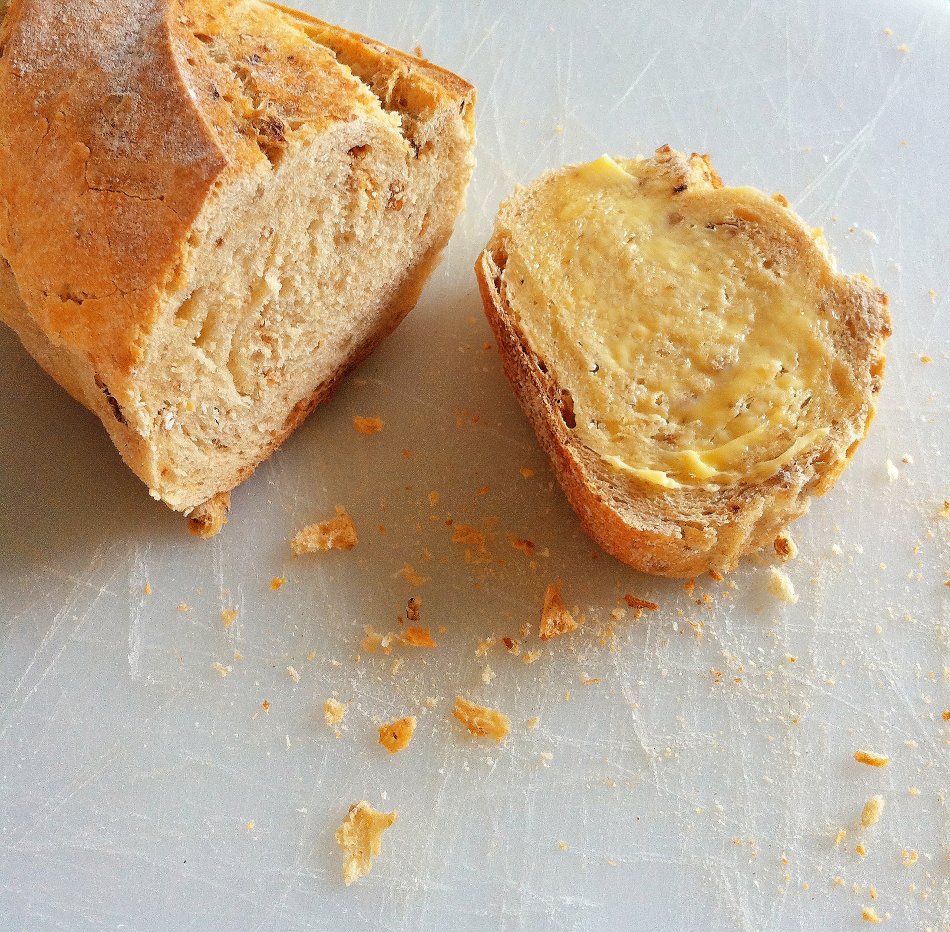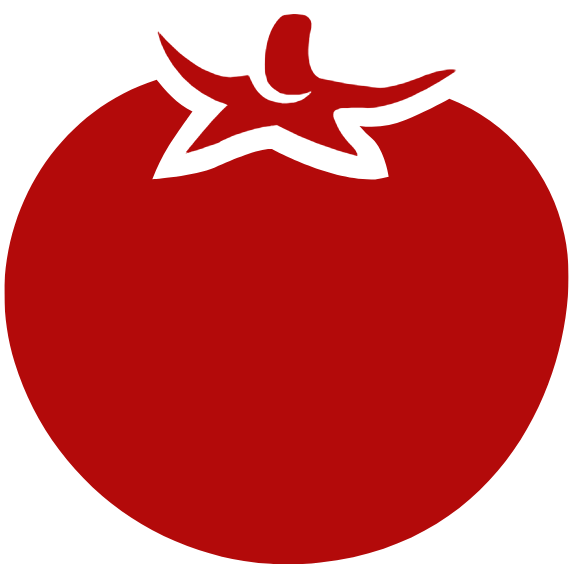What you absorb is critical.
Many people have the idea that simply eating lower-calorie food will result in weight loss and better health. This is only partially true. What is more important is how many calories generating nutrients you absorb. Let’s look at three factors that affect absorption: the form of the food, fiber in the food, and when you eat the food.
Whole grain absorption changes when ground.
Foods like wheat and corn each have a given amount of calories but the form they are in will change the absorption of them in your body. Grinding them into powder, or flour, results in greater absorption, causing a rise in insulin, swings in plasma glucose, and may have negative health effects. These ground products are referred to as “refined” as opposed to whole or cracked grains. Decreasing particle size of wheat and corn results in greater swings of plasma glucose. However, oat-based meals resulted in a smaller glucose and insulin responses than wheat or corn, so even the type of food is a factor.1 Refined foods are stripped of many of their nutrients and result in “empty calories” with reduced food value and health and should be reduced or avoided.
Fiber changes absorption.
Then there is the fiber in the food that is important. Only plant foods have fiber while animal foods do not. The fiber in your food moves the nutrients in food downstream in your gut to the large intestine where the good bacteria in your microbiome can be fed. These beneficial bacteria are important in processing nutrients for your health and must be fed to do so. It is best to eat high fiber food like plants and reduce or avoid non-fiber food like meat and dairy.
You burn more calories from breakfast than dinner.
When you eat is another important factor. Research shows that calories in food consumed early in the day may burn more readily than later in the day and evening.2 Also, people may compensate and eat more food when skipping breakfast.3 The chrono-nutrition factor is a growing research area.
Traditionally, it was thought that a calorie is a calorie. This is not the case because, no matter how many calories there are in the food you eat, how many you absorb is determined by the form, other components like fiber, and timing of eating determine the number of calories you consume in your diet. If you are concerned about weight, the form, fiber, and timing of calorie intake is important to consider.
References
1. Heaton KW, Marcus SN, Emmett PM, Bolton CH. Particle size of wheat, maize, and oat test meals: effects on plasma glucose and insulin responses and on the rate of starch digestion in vitro. Am J Clin Nutr. 1988 Apr;47(4):675-82.
2. Ruddick-collins LC, Johnston JD, Morgan PJ, Johnstone AM. The Big Breakfast Study: Chrono-nutrition influence on energy expenditure and bodyweight. Nutr Bull. 2018;43(2):174-183.
3. Jakubowicz D, Barnea M, Wainstein J, Froy O. High caloric intake at breakfast vs. dinner differentially influences weight loss of overweight and obese women. Obesity (Silver Spring). 2013;21(12):2504-12.


